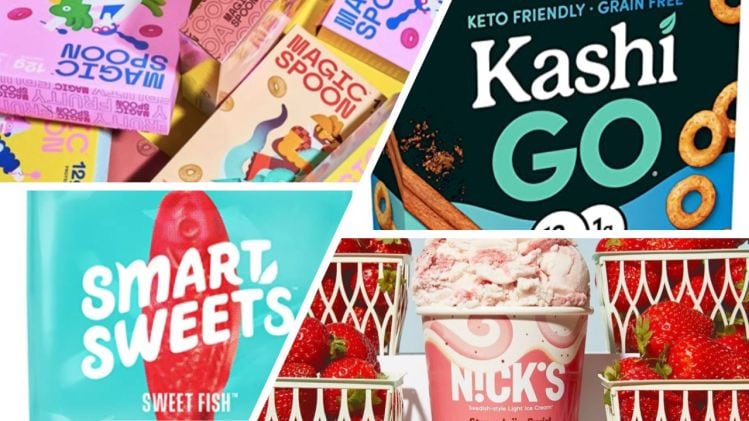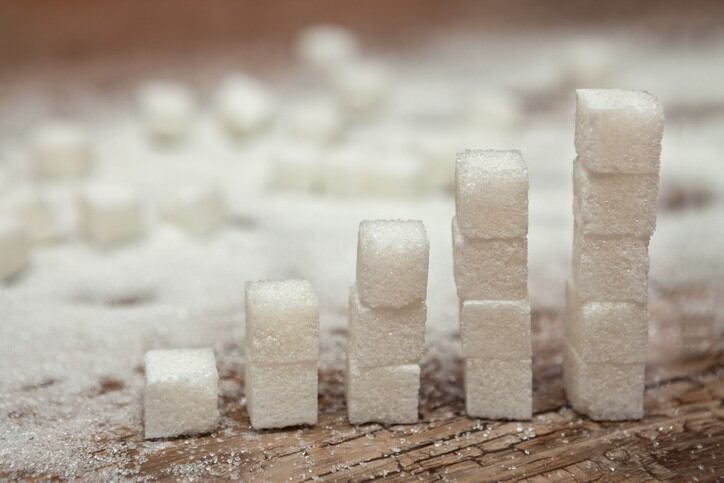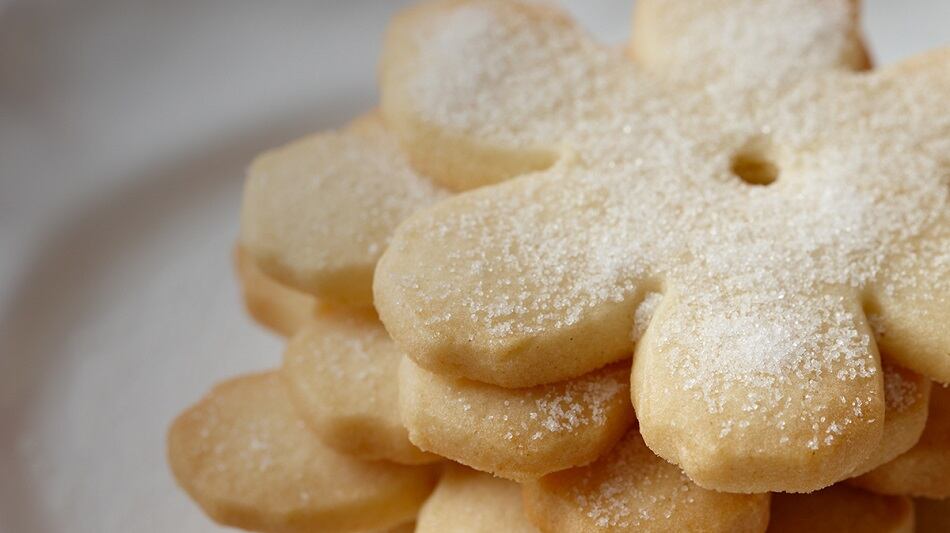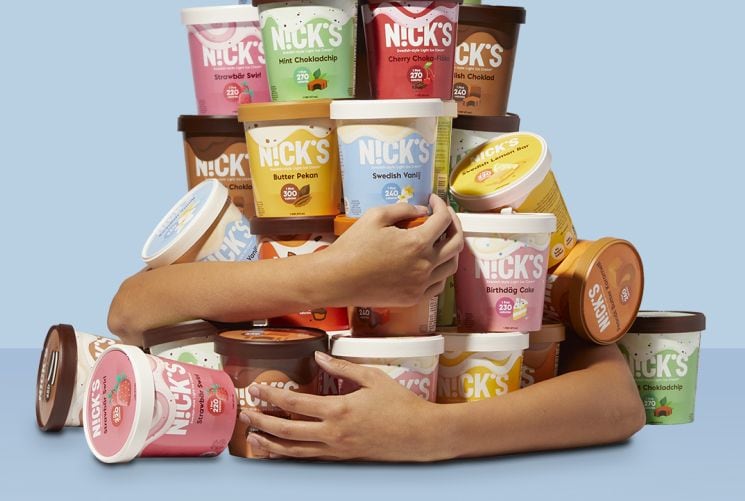One sweeteners company, which supplies a wide variety of sweeteners used in packaged foods and beverages including top-seller allulose, told us that he had just been informed that Tate and Lyle was not supplying allulose "until further notice."
Tate & Lyle - which manufactures liquid and crystalline allulose from its site in Loudon, Tennessee - told us that it would not comment on conversations with customers, although it acknowledged that "the current huge increase in demand currently exceeds supply."
A spokesperson said: "To be clear: we are not ceasing production," but added, “We are currently seeing a huge increase in demand for allulose and are seeking to ramp up production to meet this demand.
"We continue to work with our customers to formulate with this exciting low calorie sweetener. “
Allulose: 70% of the sweetness of sugar, only 0.4 calories per gram
A rare sugar that has been steadily gaining in popularity following the FDA’s decision to exclude it from the total and added sugars declarations on the Nutrition Facts panel, allulose is found naturally in a variety of plants, but is produced on a commercial scale via a complex, multi-step process typically starting with corn starch.
Right now, only a handful of firms are producing allulose commercially including Tate & Lyle; Ingredion/Matsutani; Korean firms CJ CheilJedang and Samyang Corp; and Chinese firms (where products coming into the US are subject to a hefty tariff) including Shandong Bailong Chuangyuan Bio-Tech Co., Ltd and Shandong Baolingbao Biotechnology Co., ltd with supplies of crystalline allulose apparently far harder to get hold of than syrup.
Bonumose meanwhile, is working on alternative manufacturing processes it claims can eliminate some processing steps and significantly increase yields, paving the way for its “mass market” adoption, but has not yet brought a product to market.

Tooth-friendly rare sugar
The tooth-friendly sugar - which has 70% of the sweetness of sucrose but only 0.4 calories per gram (vs 4cals/g for sucrose) – has a negligible effect on blood sugar and insulin, and has garnered a lot of interest from formulators seeking to replicate the sensory and functional properties of sugar without the calories.

As it has the texture and bulk of regular sugar, allulose can be used to reduce or replace sucrose in everything from beverages, yogurt and ice cream to baked products and candies, and now features in brands from Kashi Go keto cereal and Magic Spoon to Nick’s ice cream.
Hershey – which recently invested in Bonumose via its C7 Ventures arm – is also taking a keen interest in allulose and other rare sugars as it explores sugar-reduction strategies.
Ingredion - which manufactures allulose under the Astraea brand from a plant in San Juan del Río, Mexico using technology licensed by Japanese firm Matsutani - told delegates at the virtual CAGNY conference in February that it is targeting compound annual sales growth of more than 15% for its sugar reduction and specialty sweeteners platform from 2020-2024.
Russ Anderson, president of Anderson Advanced Ingredients, which partnered with South Korean manufacturer CJ CheilJedang to launch allulose under the AllSweet brand in 2015, told us: "Demand for allulose is indeed extremely high with inquiries coming in hot and heavy."




